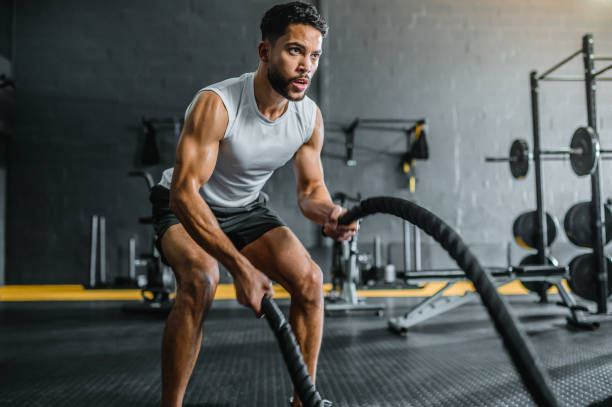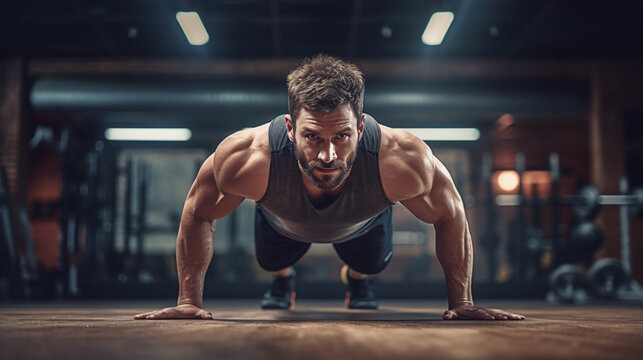

Proven Mental Strategies to Boost Athletic Performance
- Apr 23, 2025
- Health Tips
- By Super Admin


In the high-pressure world of competitive sports, mental strategies for athletes are just as crucial as physical strength and training. Whether you're a professional player or a weekend warrior, mastering the mental game can be the difference between winning and falling short. Research consistently shows that athletes who incorporate psychological techniques into their training perform better, recover faster, and maintain consistency under pressure. At HSWF Network, we've explored some of the most effective sports psychology tips that elite athletes and coaches swear by. These strategies not only improve focus and confidence but also build the mental toughness needed to push past limits and achieve peak performance.

One of the most widely used mental strategies for athletes is visualization. This technique involves mentally rehearsing your performance, visualizing yourself succeeding in specific scenarios, and engaging all senses in the process. When done consistently, visualization helps create neural patterns in the brain like those formed during actual physical execution. Athletes like Olympic swimmer Michael Phelps and tennis legend Serena Williams have publicly credited visualization as a key to their success. This technique boosts confidence, reduces anxiety, and prepares the mind for high-pressure situations.

Setting specific, measurable, and realistic goals keeps athletes motivated and focused. Pairing goal setting with positive self-talk reinforces belief in one’s ability. Instead of focusing on failure or limitations, athletes train themselves to use affirmations like “I am strong,” “I am focused,” or “I will succeed.”
This is one of the sports psychology tips proven to combat negative thoughts and build self-belief, which is essential for consistent performance in both practice and competition.
Another powerful method to improve athletic performance is mastering the art of controlled breathing. Deep breathing activates the parasympathetic nervous system, helping athletes manage anxiety and stress before and during competition. Techniques such as diaphragmatic breathing, box breathing, and progressive muscle relaxation are commonly recommended by sports psychologists.
These practices are especially useful in high-pressure moments, such as taking a crucial free throw or preparing for a final sprint.
Staying present and focused is essential in sports. Mindfulness training helps athletes' clear distractions and maintain peak focus on the task at hand. From professional basketball players to martial artists, many use mindfulness techniques to stay mentally sharp during games and training sessions.
According to HSWF Network, mindfulness improves attention span, reduces performance anxiety, and enhances the athlete's ability to bounce back from setbacks—core components of mental toughness in sports.
Mental toughness in sports is the ability to stay resilient, determined, and confident despite setbacks or intense pressure. This mental fortitude isn’t just innate—it can be developed through experience and intentional training. Facing challenges, learning from losses, and maintaining a growth mindset all contribute to building a tougher, more resilient athlete.
Coaches often simulate pressure-filled situations in practice to prepare athletes for game-day intensity. Over time, this kind of exposure helps athletes stay calm and composed, no matter the stakes.
Many elite performers develop personal pre-performance routines to signal to their brain that it's time to compete. These routines may include listening to specific music, visualizing success, light stretching, or engaging in breathing exercises. The consistency of these habits helps regulate emotions and sharpen focus before an event begins.
When repeated regularly, these routines become mental cues that help athletes switch into competition mode quickly and effectively.
Incorporating mental strategies for athletes into daily training is no longer optional—it’s essential for long-term success. From visualization and mindfulness to goal-setting and breathing techniques, these sports psychology tips empower athletes to unlock their full potential, both physically and mentally.
At HSWF Network, we’re committed to helping athletes at every level harness the power of the mind to improve athletic performance. Mental strength isn’t just a skill—it’s a competitive advantage. Start training your mind today and watch how it transforms your game.